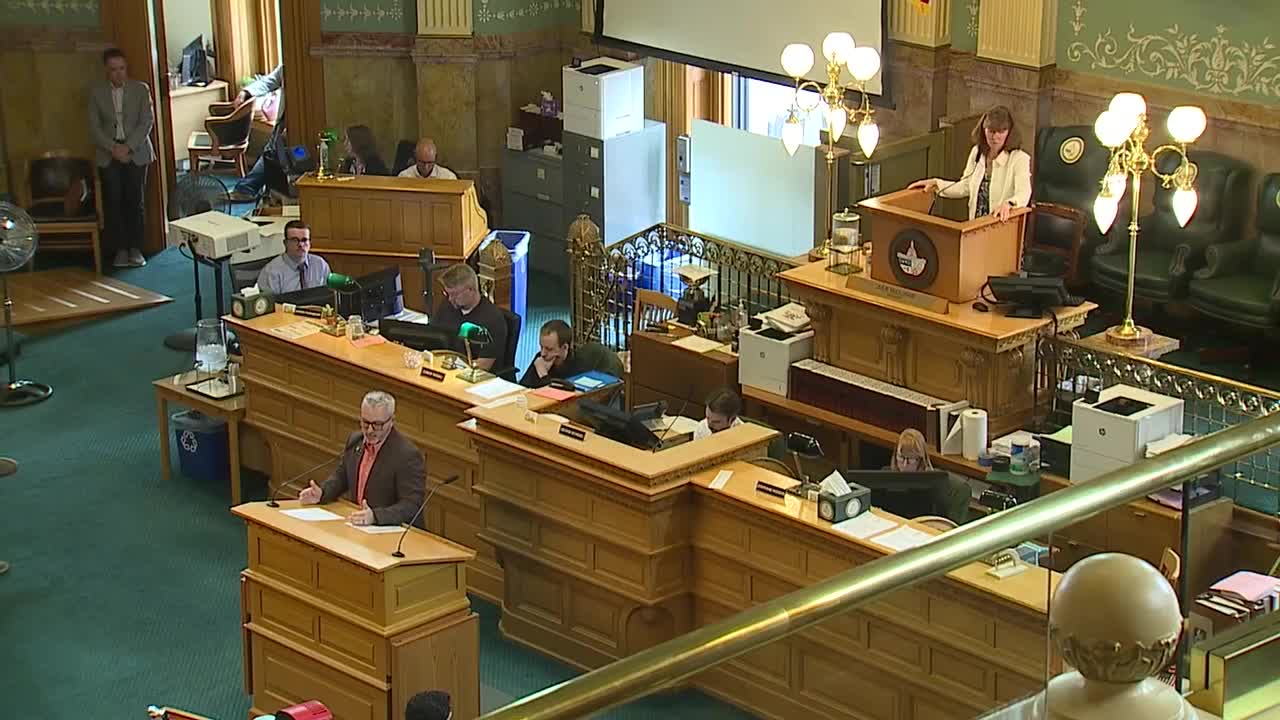DENVER — Colorado's special legislative session ended on Tuesday after six days. The success of the session depends on which state lawmaker you ask.
Governor Jared Polis called the session on Aug. 6 to address the state's $1.2 billion budget hole, which he said was created by tax changes made in President Donald Trump's One Big Beautiful Act (H.R.1). According to the governor and fellow Colorado Democrats, Colorado will collect less revenue than expected when lawmakers approved the state budget in May.
Some of that $1.2 billion revenue loss was absorbed by the state education fund and the affordable housing fund. Around $300 million that the state had in surplus, which would have been refunded to taxpayers, will now be used to help fill the gap. That left lawmakers with a budget gap estimated to be around $783 million.
To address the budget gap, the Democratic majority focused largely on reining in tax breaks for big corporations. Their strategy also included taking money from state reserves and cutting spending. However, they left it to Polis to determine exactly where to make those spending cuts.
The governor is expected to present a plan to the Joint Budget Committee on Thursday.
The Scripps News Group has been following Colorado's special legislative session. Read our previous coverage below:
- Denver7 presses lawmakers on how they plan to address the state's $1B budget gap
- State lawmakers return to Colorado Capitol for special session to address massive budget gap
- Colorado lawmakers take on corporate tax breaks, SNAP funding in second day of special session
- Special session: Colorado lawmakers introduce bill to ease pain of rising health care premiums
- Colorado's special session comes to dramatic end with collapse of AI deal, tense moments between House leaders
"This has been an incredible session," said State Senator Jeff Bridges, D - District 26. "The special session accounted for about $250 million of the now $750 million we have to make up for in the general fund."
Bridges, who is the chair of the Joint Budget Committee, said Polis' presentation is expected to address the remaining $500 million of the deficit.
"We'll spend about $250 million in reserves, and then there will be about $250 million in revenue reductions. So that's things like cuts to Medicaid. It's potentially reductions in higher education support from the state," Bridges said. "These are going to be cuts that people will see and feel. It's unavoidable that there will be some pain caused by cutting $250 million from a $16.5 billion budget. It's a lot less than what we thought we were going to have to cut. It's less because we closed those loopholes. It's less because we have such strong reserves, but it's still going to be really impactful for folks."
On the other hand, Colorado Republicans believe the special session was tailored to Democrats.
"Actually, what we did was make a budget crisis worse," said Colorado House Minority Leader Rose Pugliese, R - District 14. "I want to say I'm sorry to the people of Colorado that we weren't able to accomplish what really should have been done, which is looking at how we prioritize our budget and how we keep more money in the pockets of hardworking Coloradans."
State Senator Barbara Kirkmeyer, R - District 23, a member of the Joint Budget Committee, told Denver7 she is extremely disappointed in the results of the special session.
"Not only did we increase taxes, we start trying to figure out how to balance the budget on the backs of small businesses. Now that is wrong," Kirkmeyer said. "They made our budget problem worse."
Kirkmeyer speculated the governor will recommend cuts to Medicaid provider rates and higher education.
"I'm not anticipating that we're going to agree. I'm not anticipating he's going to come in with enough cuts," Kirkmeyer said.



